-
Were some Subpostmaster discrepancies down to internal fraud?
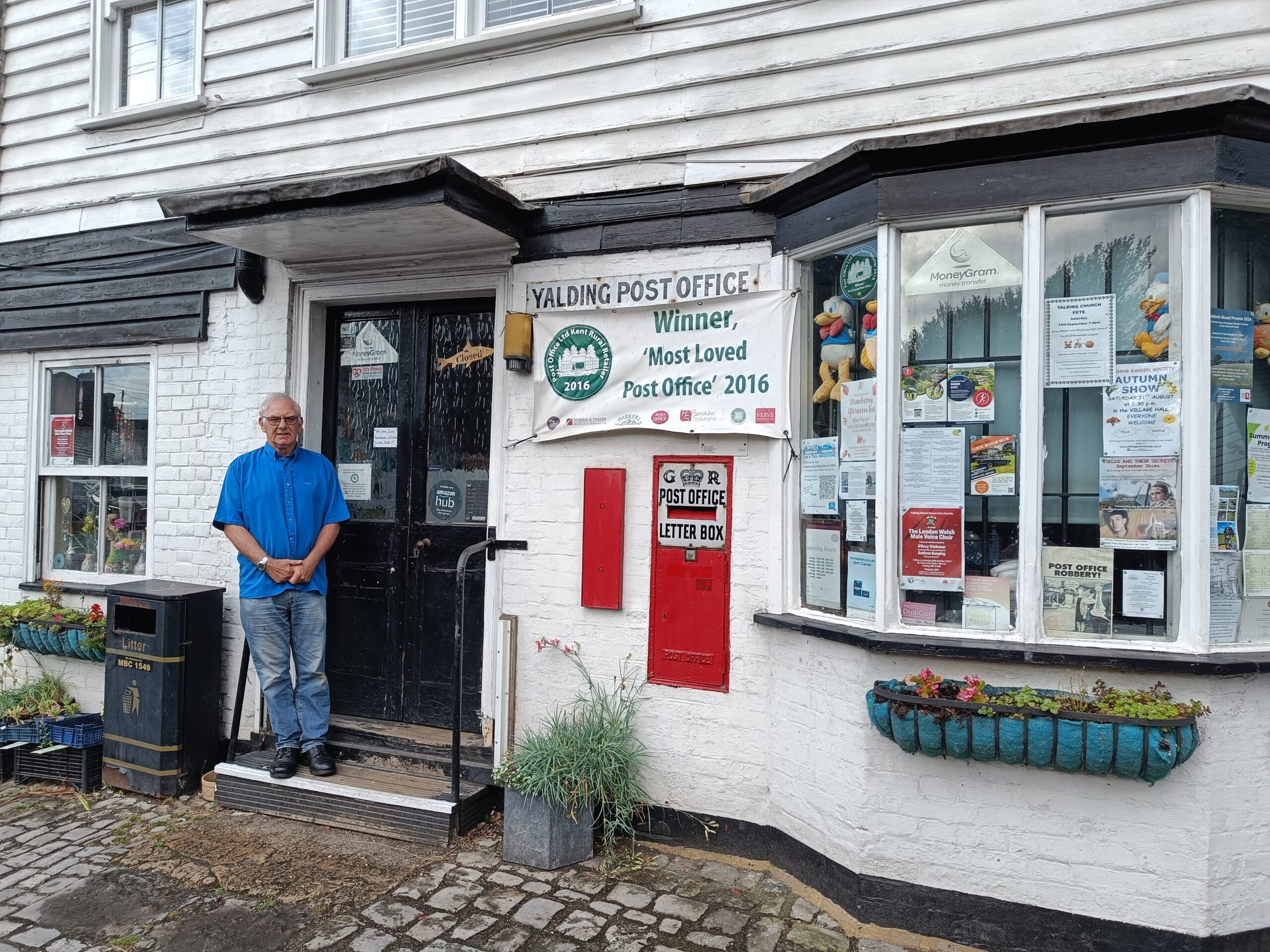 Read More…: Were some Subpostmaster discrepancies down to internal fraud?
Read More…: Were some Subpostmaster discrepancies down to internal fraud?Since the rollout of the Horizon IT system in 1999/2000, the Post Office has been unable to tell the difference between computer error and fraud. Whilst relentlessly pursuing innocent people, it potentially failed to spot the multiple ways public money could be leaking out of its network. In a podcast I hosted last year (Ep 34: Where Did All The Money Go?), Second Sight’s Ron Warmington and former Subpostmaster Mark Baker counted up at least 14 ways the Post Office, Subpostmasters and Fujitsu could lose cash. One area raised by Ron and Mark was internal fraud, either at Fujitsu, which…
-
Guest Post: Eleanor Shaikh on The Rt. Hon. Greg Clark
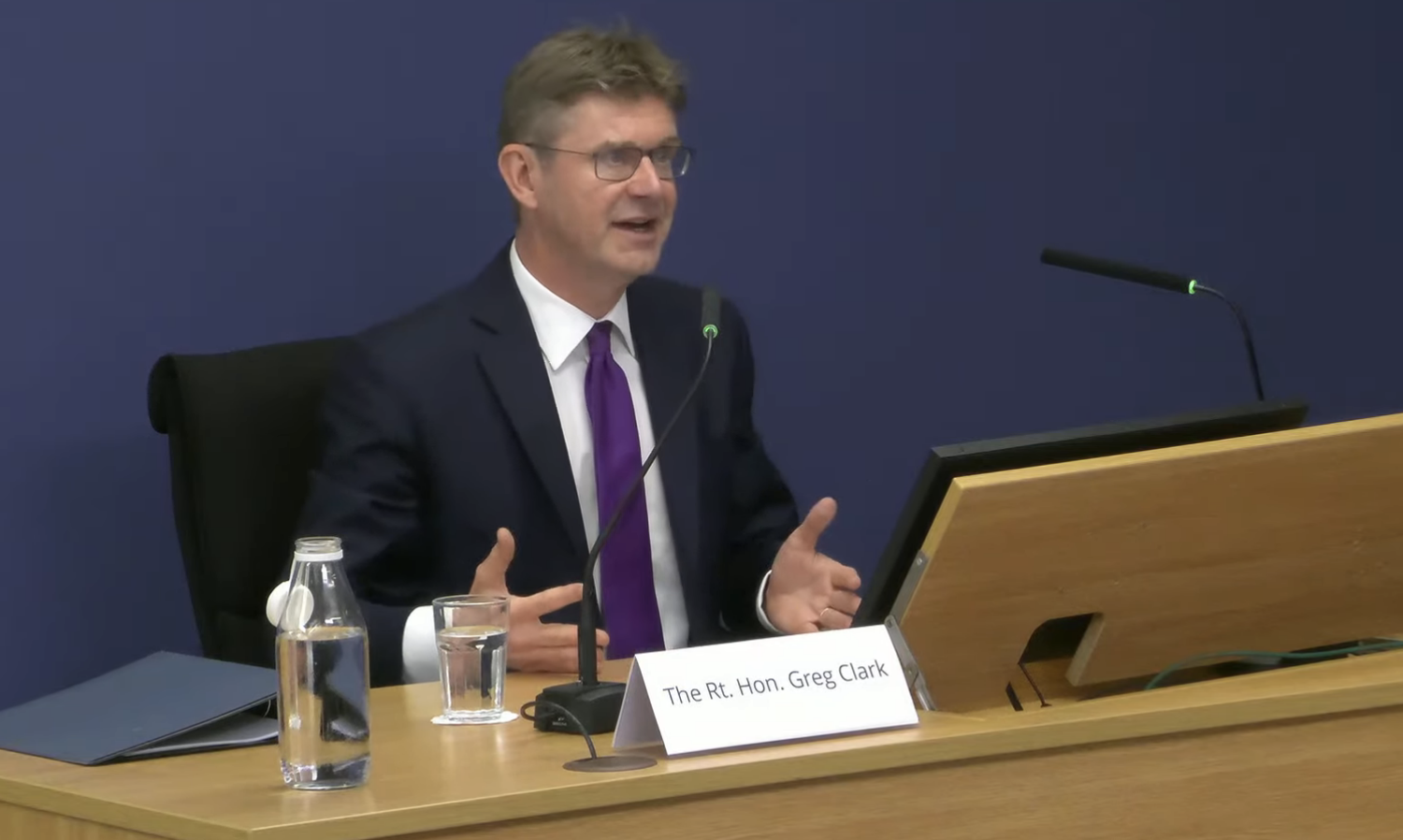 Read More…: Guest Post: Eleanor Shaikh on The Rt. Hon. Greg Clark
Read More…: Guest Post: Eleanor Shaikh on The Rt. Hon. Greg ClarkThis post has been submitted by Eleanor Shaikh, a much-loved campaigner and activist, creator of the famous “SOS – Support our Subpostmasters” red banner, and author of the epic Origins of a Disaster, published on the Justice for Subpostmasters Alliance website by Sir Alan Bates himself. Eleanor has chosen to address the evidence of The Right Honourable Greg Clark, who appeared before the Inquiry on Thu 25 July this year. I wrote this on the day Clark gave evidence. Eleanor has written the piece below. The opinions expressed therein are therefore hers. Take it away, Eleanor: “The evidence of former…
-
Post Office Paula in Pant Topper Showstopper
 Read More…: Post Office Paula in Pant Topper Showstopper
Read More…: Post Office Paula in Pant Topper ShowstopperI suppose it was only a matter of time. Even so, the first Horizon IT Inquiry-themed post box topper to materialise in the UK is quite the talking point. The well-executed tableau appeared overnight last night. It immortalises a crucial week of the Inquiry in May this year, when Lead Counsel Jason Beer KC questioned former Post Office CEO Paula Vennells over three days. The topper has been placed over the post box sited outside the Morrisons/Post Office in the splendidly-named Shropshire village of Pant. It was spotted by correspondent Richard Banks, who supplied all the photos. Beer is depicted…
-
Ghost Storey
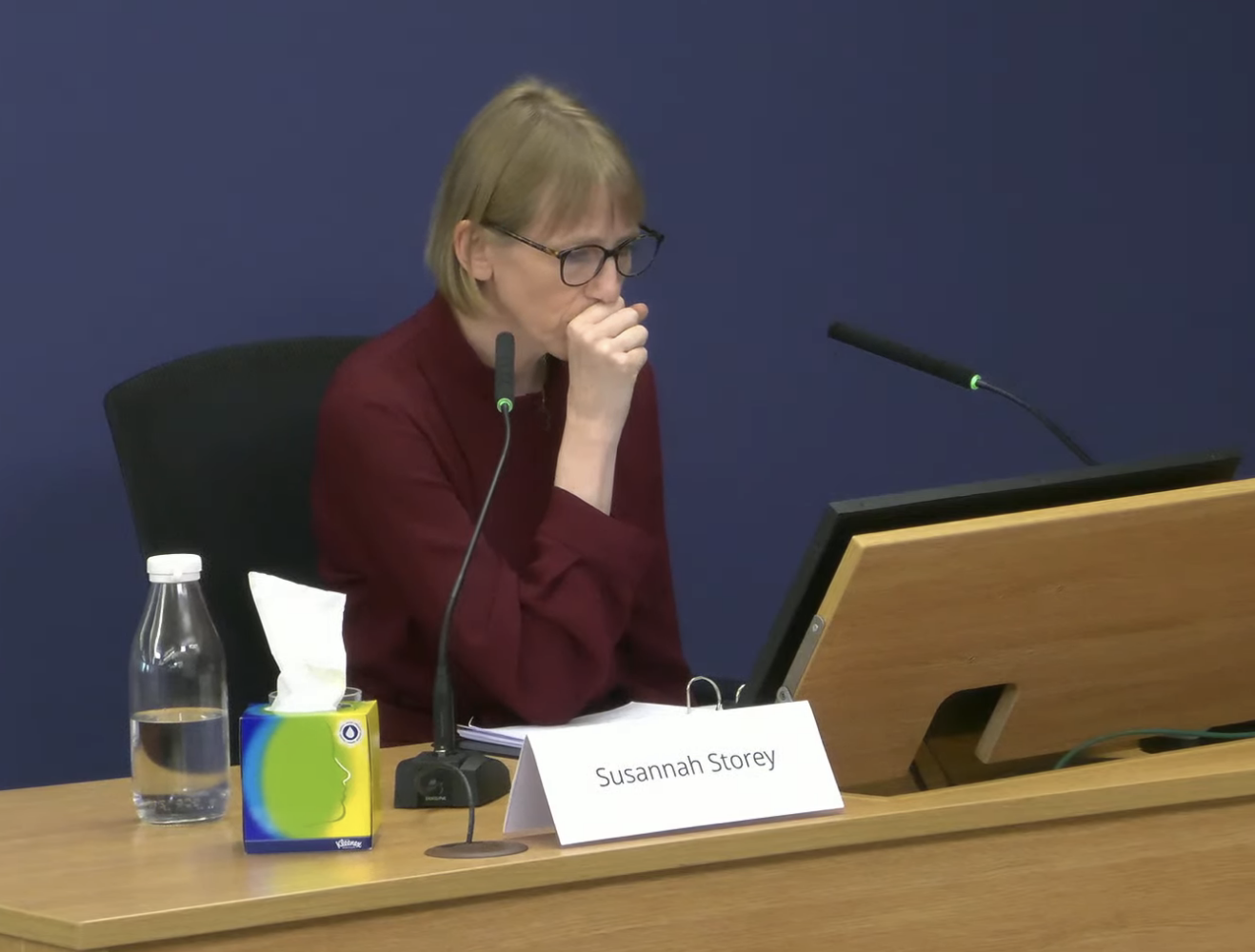 Read More…: Ghost Storey
Read More…: Ghost StoreyUsually when thinking about how to write a summary of the day’s evidence, there are one or two moments or lines which have made an impression. I’m struggling to think of anything Susannah Storey said during today’s session worth reporting. I realise I’m not exactly selling what you’re about to read, but it did feel like a fitting anticlimax to fifteen long weeks of evidence. Storey is a high-flying civil servant – currently Permanent Secretary at DCMS. She was the first shareholder NED (non-executive director) on the Post Office board, serving from March 2012 to April 2014. At the Inquiry…
-
Asleep at the Neil
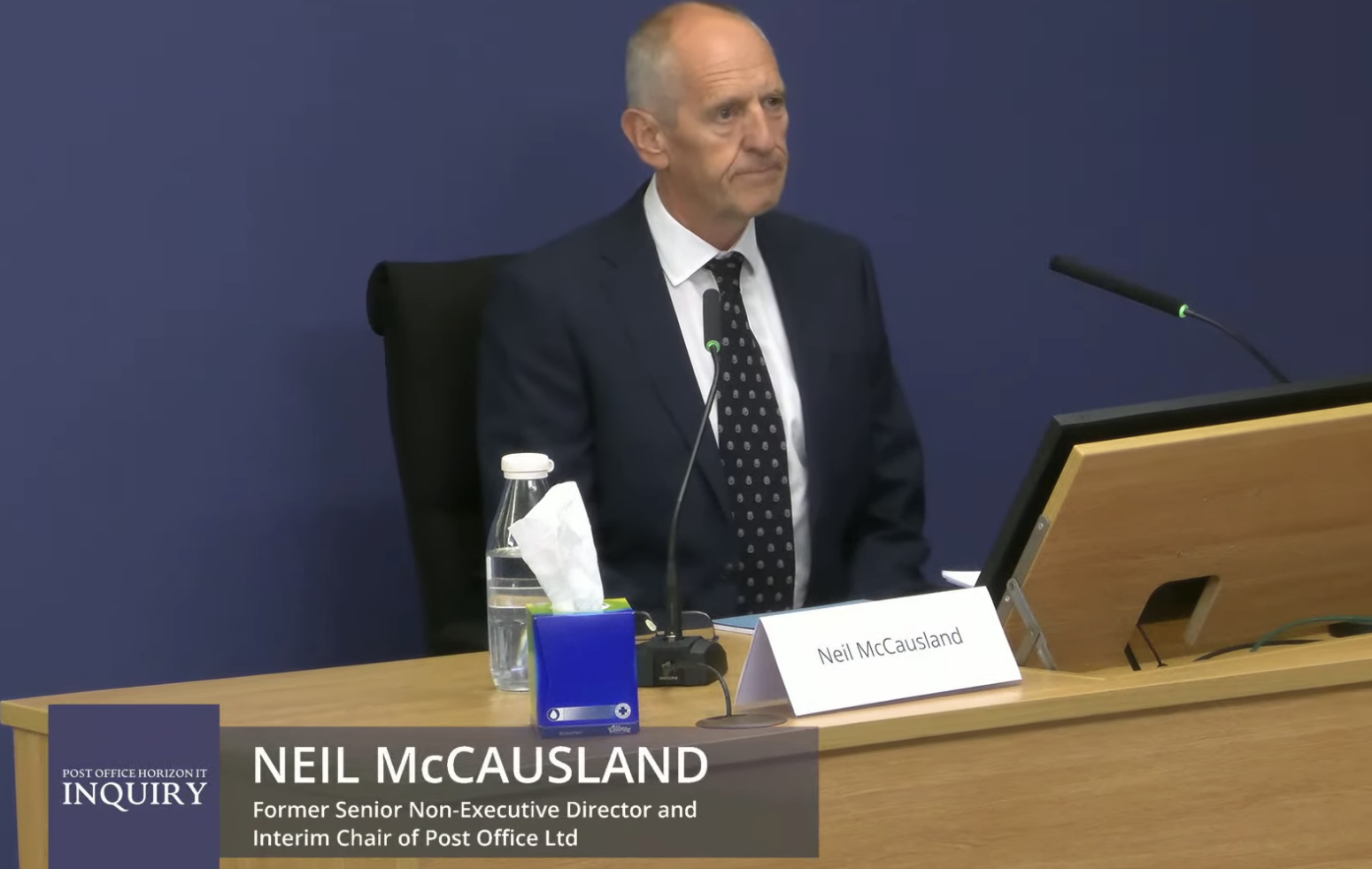 Read More…: Asleep at the Neil
Read More…: Asleep at the NeilNeil McCausland was a non-executive director (NED) at the Post Office. In fact, he was the Senior Independent Director (SID), responsible during board meetings for robust examination of the executive’s actions and responsible outside board meetings for doing his research, marshalling the opinions of the other NEDs and communicating them to the Chair and executive as appropriate. It is quite clear from his evidence today he was nowhere near as dreadful as his successor, Ken “I don’t” McCall, who has already given evidence to the Inquiry. To be fair to this article’s headline, SIDs and NEDs are nowhere near the…
-
Clark and Cable: Responsible for everything, accountable for nothing
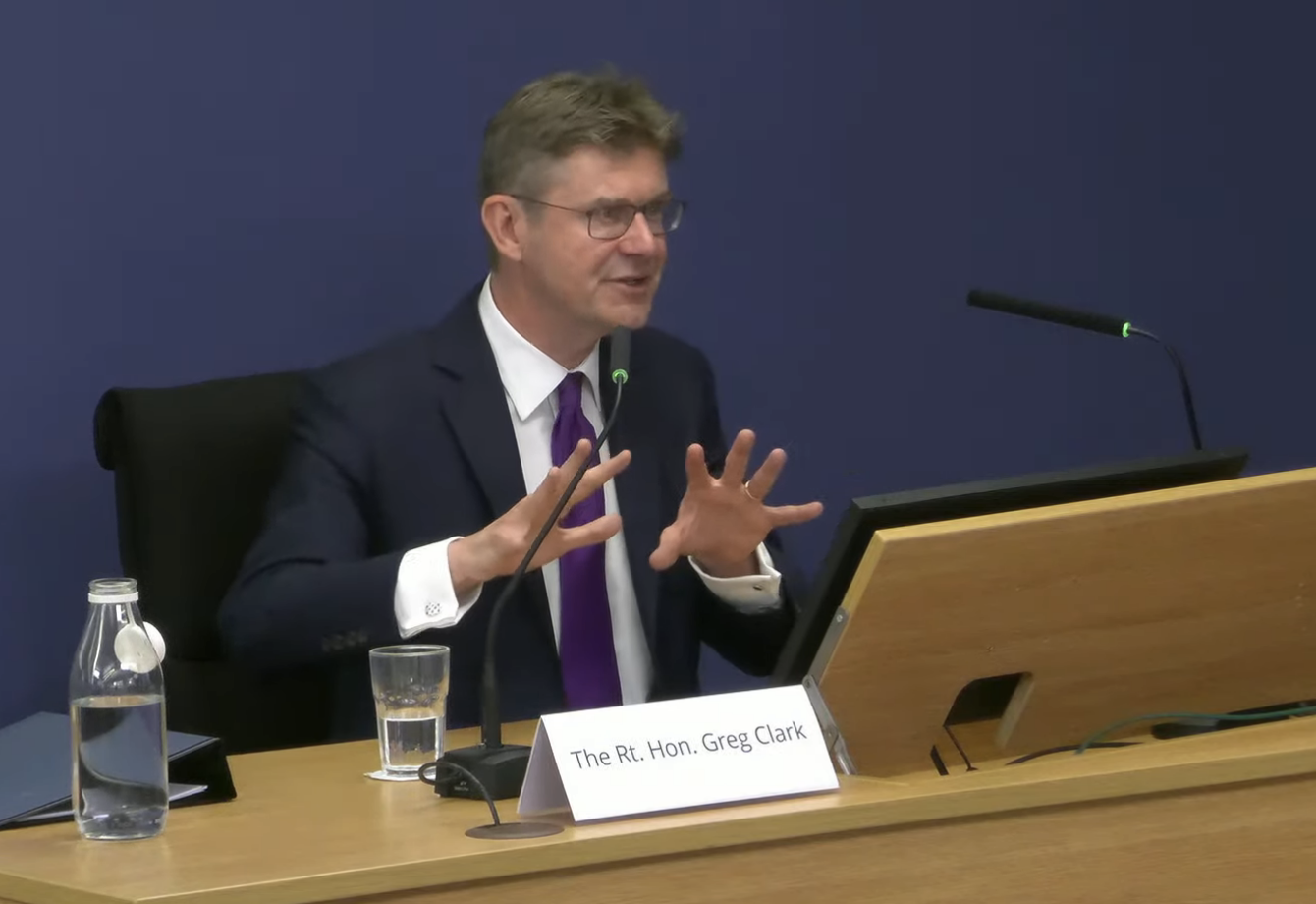 Read More…: Clark and Cable: Responsible for everything, accountable for nothing
Read More…: Clark and Cable: Responsible for everything, accountable for nothingTwo Secretaries of State, whose tenure in office covered significant periods of the Post Office scandal gave evidence at the Post Office Horizon IT Inquiry today. They are the most senior ranked and last politicians to give evidence in this phase, and some of what they had to say was illuminating, but not much. Vince Cable was business secretary during the coalition government from 2010 to 2015. Greg Clark held the same post for the duration of Theresa May’s government, from 2016 to 2019. Clark made it clear he had no love for the Post Office given the way they…
-
Second Sight’s final report
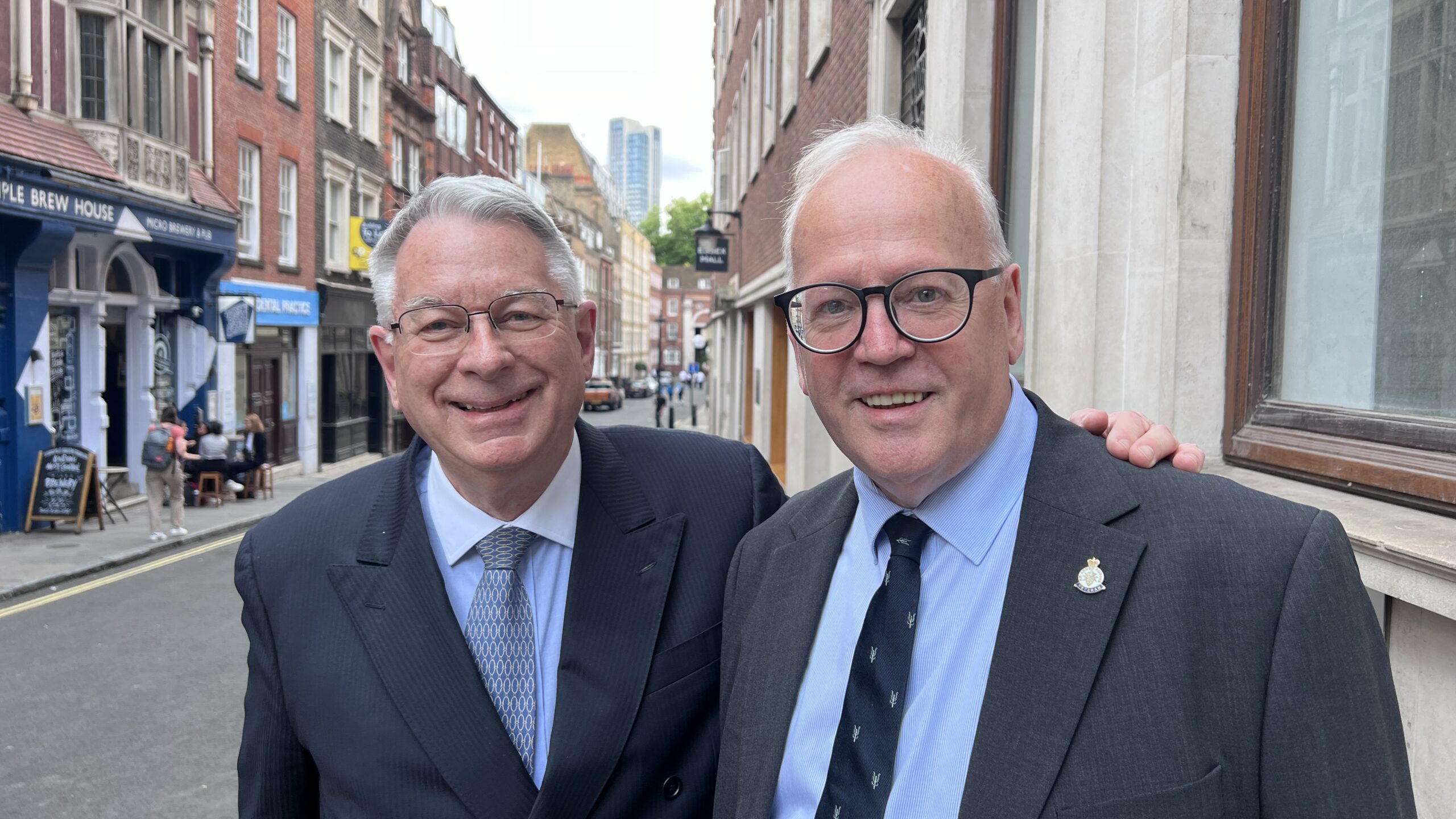 Read More…: Second Sight’s final report
Read More…: Second Sight’s final reportEarlier this year I published Second Sight’s Interim Report, which was first published on the Post Office website on 8 July 2013 and removed several years later. Second Sight’s far more critical final report, formally known as “Briefing Report – Part 2”, was not published on the Post Office website when it was delivered to the Post Office on 9 April 2015. In fact, the Post Office issued a (ludicrous) rebuttal report and (ludicrously) tried to stop Second’s Sight final report from being given to its shareholder, the government. This delayed access to justice for hundreds of Subpostmasters. As soon…
-
The Wine Gums vs The Blob
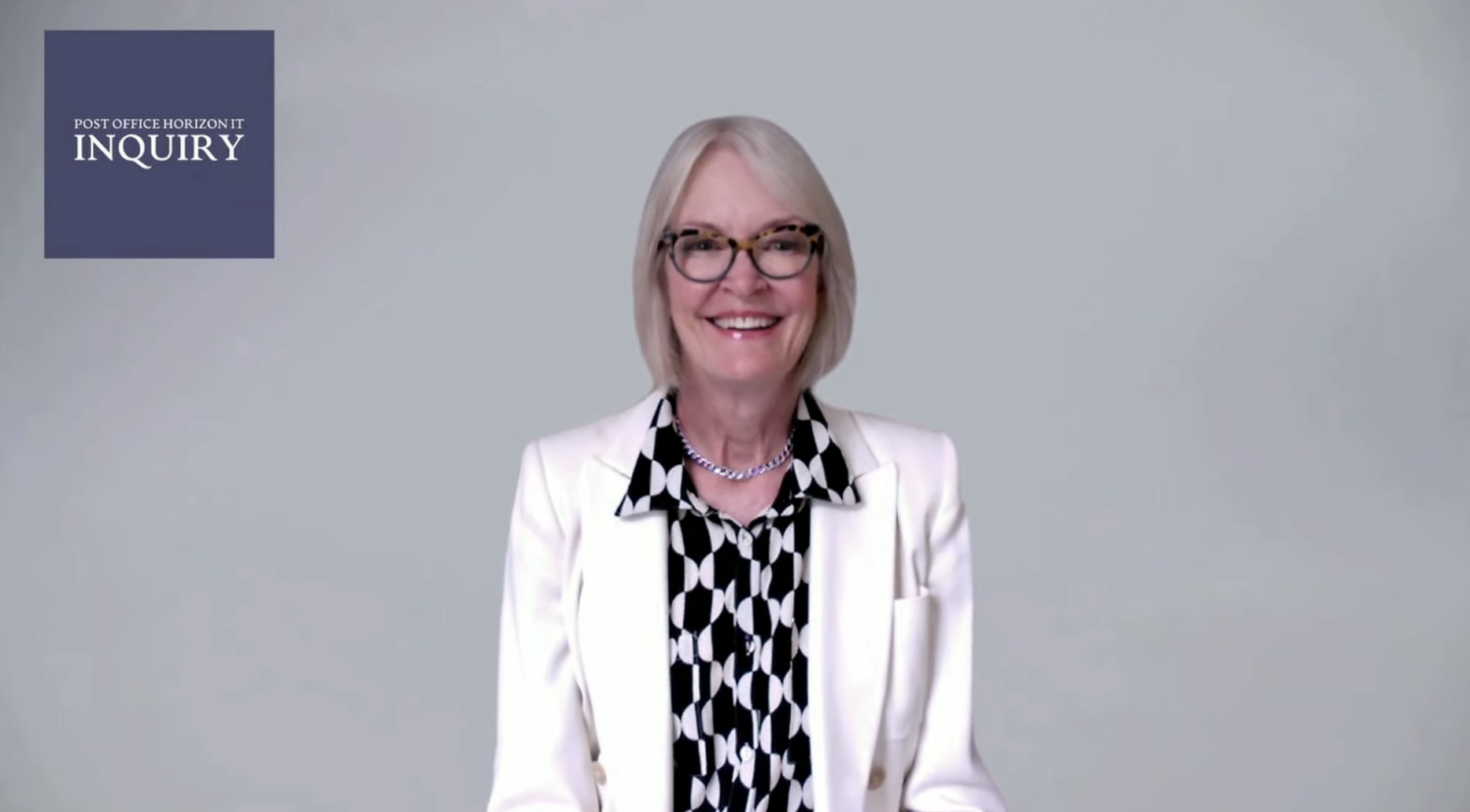 Read More…: The Wine Gums vs The Blob
Read More…: The Wine Gums vs The BlobPutting together a list of Postal Affairs ministers a few years back I was reminded of a graffito written shortly after the 33 day papacy of John Paul I, which asked: “What lasts longer, a pope or a wine gum?” It seemed apt. At a time when ministers should have been getting a solid grip on the Post Office, they were being spun through the Business Department’s revolving doors, reliant on the misleading briefings they were getting from their own civil servants and the Post Office. Throughout this scandal, the tail was wagging the dog. Today it was the turn…
-
A Trip down Misery Lane: Surviving the Post Office on BBC1
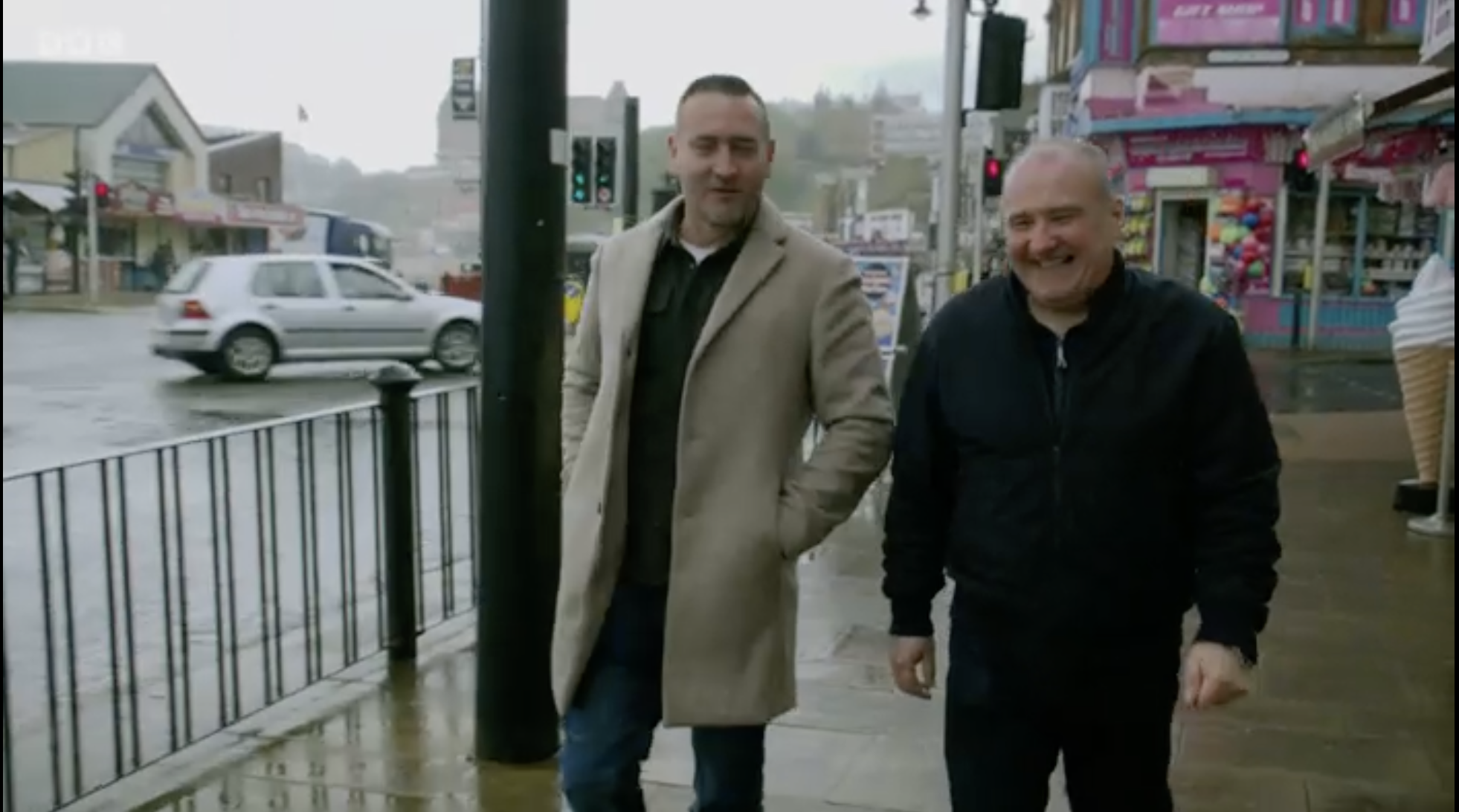 Read More…: A Trip down Misery Lane: Surviving the Post Office on BBC1
Read More…: A Trip down Misery Lane: Surviving the Post Office on BBC1Surviving the Post Office (co-produced and co-directed by Hayley Hassall, who has previously reported on the story) has something of the travelogue about it. Will Mellor, who played former Subpostmaster Lee Castleton in the ITV drama Mr Bates vs the Post Office, presents. Mellor calls his role in the ITV drama “more important than any other” in his career. In this documentary, the actor traverses England, first meeting Lee Castleton in Scarborough (“we’ve become friends”) and then setting off on an odyssey by train and car to meet several more former Subpostmasters and/or their spouses/children. The one person interviewed who…
-
Furious Swinson claimed Paula Vennells deceived her
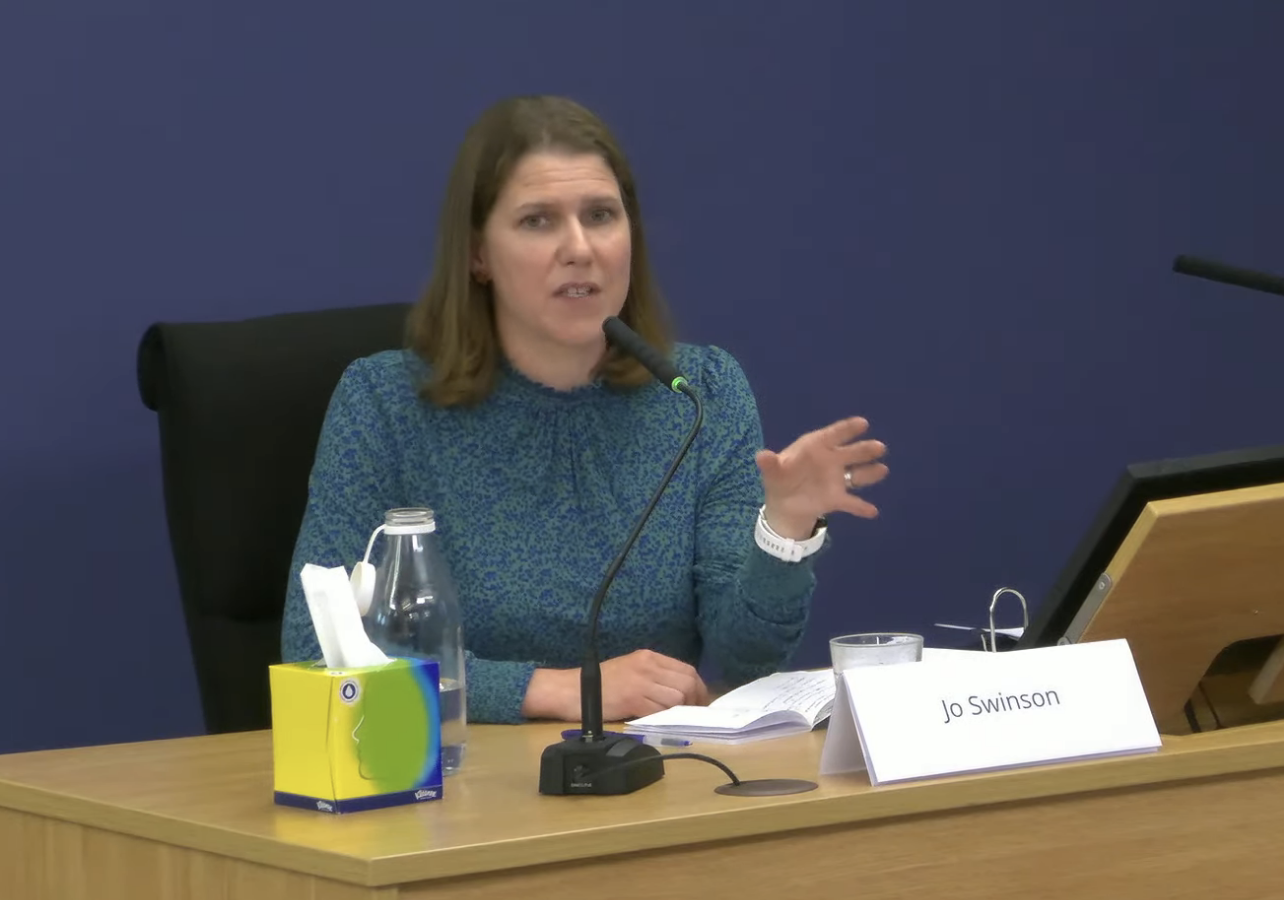 Read More…: Furious Swinson claimed Paula Vennells deceived her
Read More…: Furious Swinson claimed Paula Vennells deceived herDuring her evidence to the Post Office Horizon IT Inquiry former minister Jo Swinson today highlighted the mendacity of the Post Office and what she saw as the conniving “duplicitous” behaviour of her chief civil service advisor. It all centres on the first Clarke Advice, the legal document written in July 2013 which was kept hidden from the government, MPs, campaigners and their lawyers until it was finally dragged out of the Post Office during the Court of Appeal hearings in 2021. The Advice informs the Post Office that it has been using an unreliable witness (Gareth Jenkins) in its…
Archives
Most Popular
Tags
Alan Bates alice perkins Alwen Lyons Andrew Winn Andy Dunks Andy Parsons Bates v Post Office Bonusgate CCRC Chris Aujard Clarke Advice False Accounts Fujitsu Gareth Jenkins Grabiner HCAB Horizon Hugh Flemington Inquiry Interim Report Janet Skinner Jarnail Singh Kevin Hollinrake Lee Castleton Lord Arbuthnot Nicki Arch Nick Read Noel Thomas Paula Vennells Paul Marshall Post Office Rebecca Thomson Receipts and Payments mismatch bug Richard Moorhead Rob Wilson Rod Ismay Rodric Williams Second Sight Seema Misra ShEx Simon Clarke Susan Crichton Swift Review Tracy Felstead UKGI
Categories
- Appeals (18)
- Blog (17)
- Book (11)
- Civil litigation (47)
- Compensation (43)
- Corporate (23)
- Fujitsu (32)
- Inquiry (120)
- IT (40)
- Live Events (6)
- Podcast (7)
- Police investigation (12)
- Prosecutions (47)
